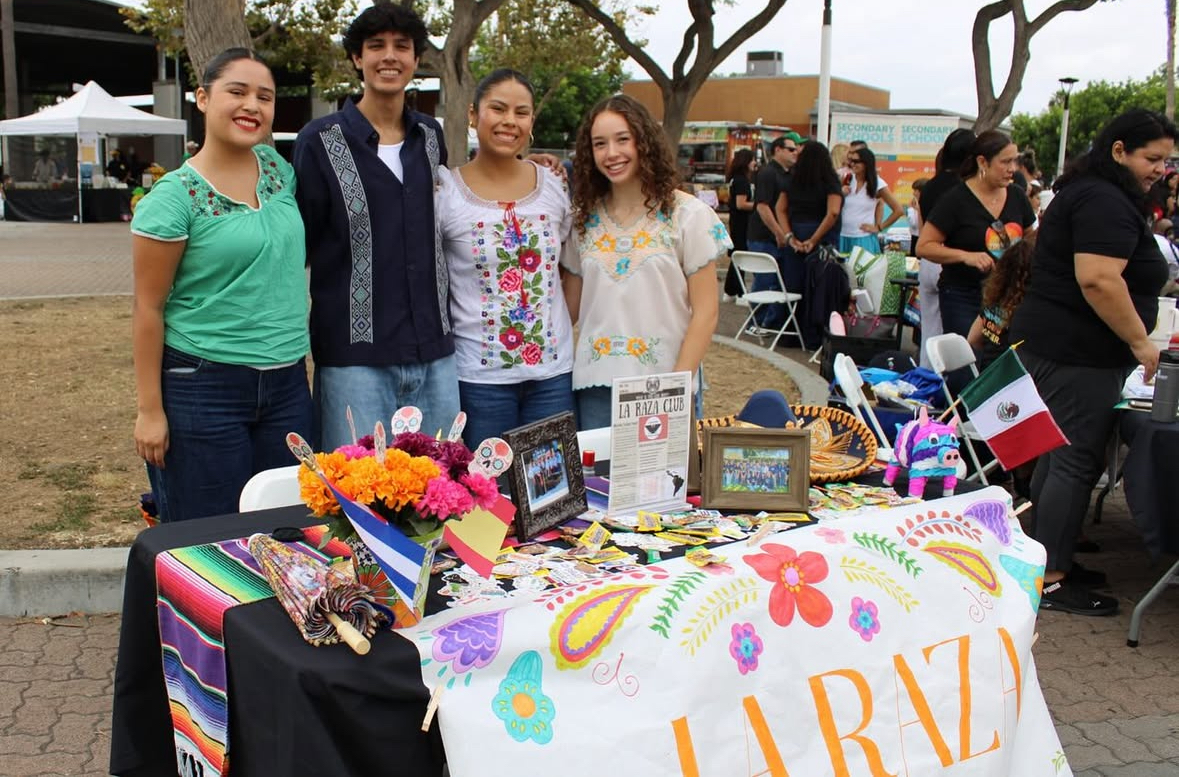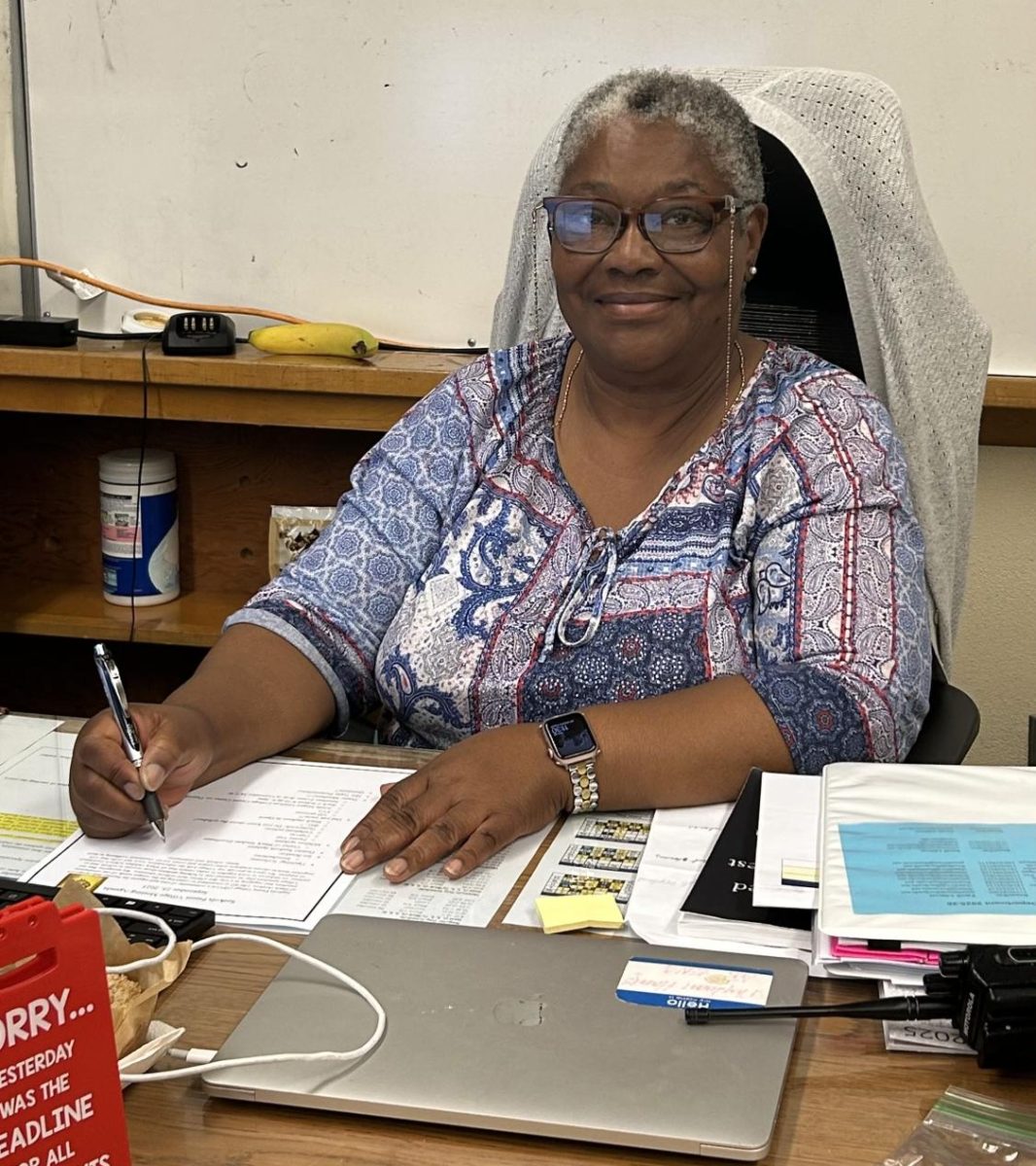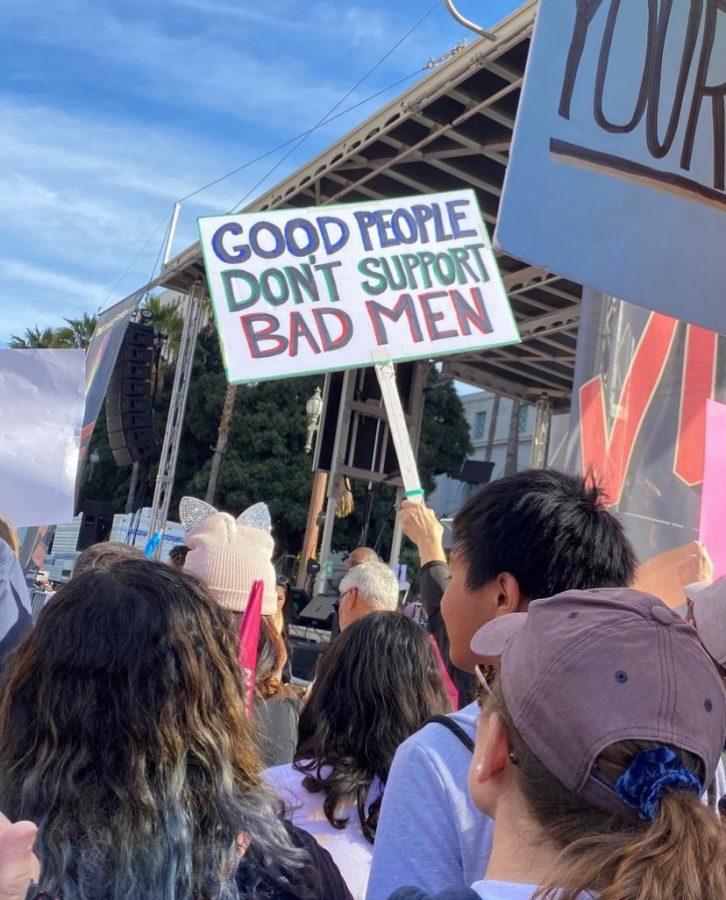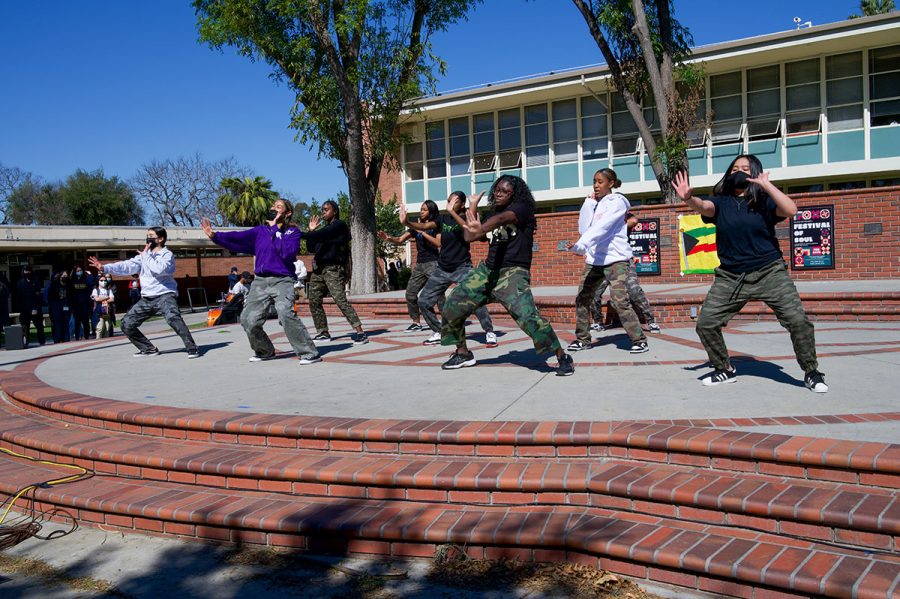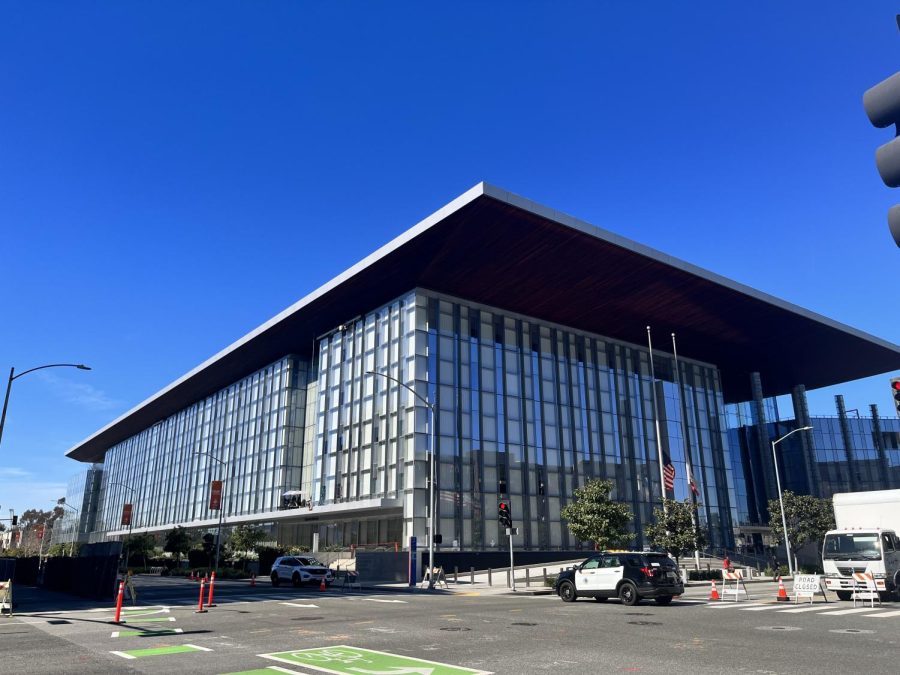By Paris Blanco
Co-Editor-in-Chief
In the most basic sense, feminism can be defined as a belief in the political, economic, and cultural equality of women. According to the International Women’s Development Agency, feminism also includes empowering women’s experiences, identities, knowledge, and strengths. By now, it is evident that feminism is a movement made to advance and protect the rights of women, due to the fact that they are not, but should be, equal to men. This then begs the question: Can men, or those who have not experienced misogyny, be feminists?
For many women, including myself, lived experiences play a big part in our definitions of feminism. The variations of the definitions of feminism become hazy when we consider if these lived experiences are necessary to be a feminist. This comes from the prospect that “male feminist” can mean different things to different people. When men say that they are feminists, are they expressing their support and allyship, or are they considering themselves main players when it comes to fighting for women’s rights?

PHOTO COURTESY OF QUEST SENIOR KATE BROWN
To the left, is a photo taken during the January 2020 Women’s March in Los Angeles.
Of course, everyone should support women’s rights and be actively working towards equity and equality, as the ultimate purpose of feminism is to create level playing fields between all genders. However, a fine line lies between correct advocacy and feeling like having the right to speak for women on women’s issues. For men, it may be hard to see where to fit within the feminist movement when most of the time, men embody the privileges of the system feminism is trying to dismantle. It is that act of giving women the spotlight and recognizing the privileges given to them by the patriarchy, that men can advocate as feminists. It is also the work of receiving negative critiques, when necessary, and learning from them.
All in all, anyone can be a feminist, but in different ways. Coining the term “feminist” and taking action in its advocacy may take on seperate characterizations. While men, or those who have not experienced misogyny, should take part in criticizing the patriarchy and supporting women’s voices, women should share their experiences and advocate for the advancement of their rights. However, all feminists’ goals are still the same: the promotion of women’s rights in order to achieve intersectional equality.
“Those who haven’t experienced misogyny are totally able to stand up for women’s rights, fight for gender equality, and eliminate sexism in all areas of life,” says COMPASS sophomore, Sydnie Stout, “I believe they are allies, doing their part and standing alongside women. However, that doesn’t mean that they get to silence women’s voices and rise above them, but instead uplift women and their stories.”

















